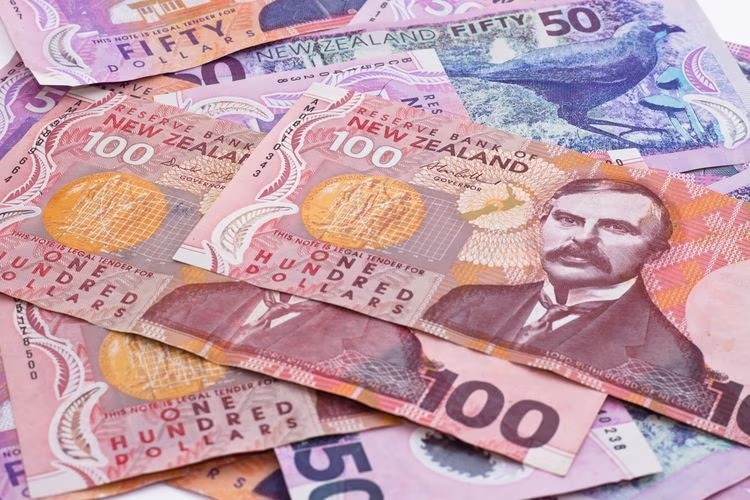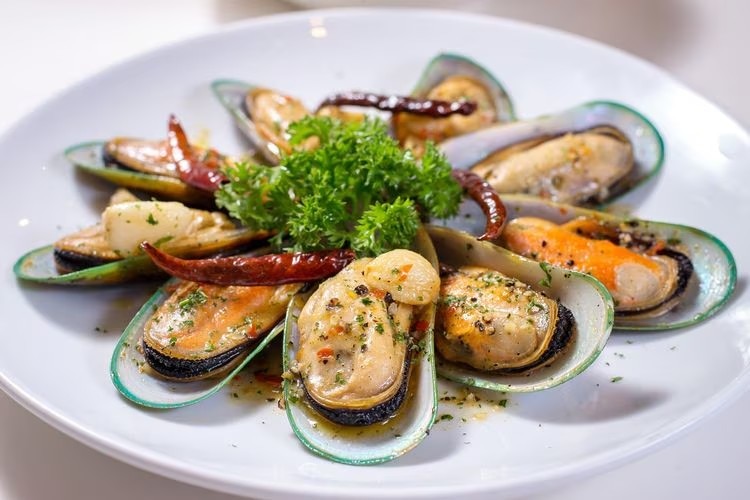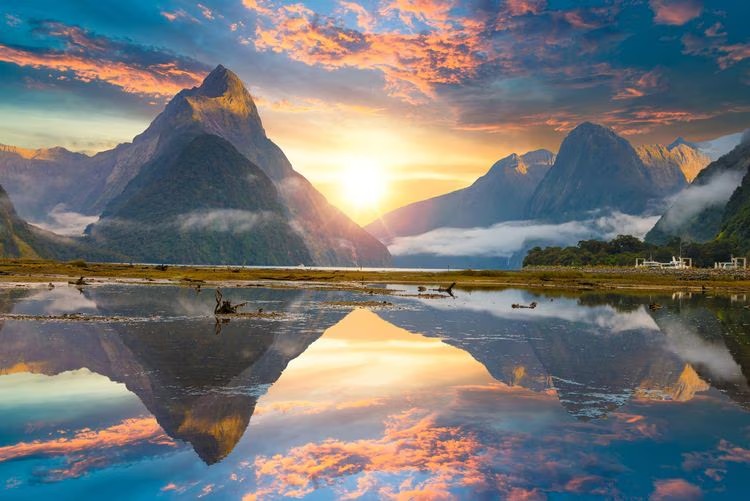-
2026/03/10
Boston(BOS) -
2026/03/24
Auckland (New Zealand)
(Updated: July, 29, 2025 04:04)
New Zealand Travel Tips and Information
Official Name
----
Capital
Wellington
Population
Country Code
Approximately 5.23 million
NZ
Country Code (international calls)
+64
The flight time to New Zealand is approximately 19 hours. Check the climate, currency, religion, manners, other information of New Zealand below. Wishing you pleasant travels to New Zealand.
It is an island nation located in Polynesia on the western side of the South Pacific Ocean. It is a constitutional monarchy that is a member of the British Commonwealth.
Compare Airfares for Flights to New Zealand
Local Climate / Weather
New Zealand experiences a temperate maritime climate with distinct seasonal variations. The weather can vary significantly between the North and South Islands due to differences in latitude and elevation. The North Island tends to be warmer with subtropical influences in some areas, while the South Island is cooler, especially in alpine regions. Summers are generally warm, with temperatures ranging between 20°C to 30°C (68°F to 86°F), and winters can be cold, particularly in the mountains, where snow is common. Rainfall occurs year-round, but the western regions, like Fiordland, receive more precipitation than the eastern areas. The best time to visit New Zealand depends on your interests and preferred activities. Summer, from December to February, is perfect for outdoor adventures, beach visits, and hiking. Popular spots like Bay of Islands and Abel Tasman National Park offer excellent conditions for swimming and water sports. Autumn, from March to May, provides cooler temperatures and vibrant landscapes as the leaves change color. This is a great time for wine tours, especially in Marlborough and Central Otago, and for scenic drives through areas such as Arrowtown. Winter, from June to August, transforms the country into a playground for snow sports. Ski resorts in Queenstown, Wanaka, and Mt. Hutt attract skiers and snowboarders, making winter the ideal time for those seeking alpine experiences. Spring, from September to November, offers mild temperatures and blooming flowers, making it a wonderful season for whale watching in Kaikoura or visiting gardens in Christchurch.
Currency & Tipping
Currency
New Zealand uses the New Zealand Dollar (NZD), represented as $ or NZ$, and this currency is essential for all transactions within the country. Banknotes come in $5, $10, $20, $50, and $100 denominations, while coins are available in 10, 20, and 50 cents, as well as $1 and $2 coins. Mastercard, and EFTPOS systems widely accepted, even in most rural areas. Contactless payments, like Google Pay and Apple Pay, are common. However, it’s still wise to carry some cash, especially for small purchases or when visiting remote areas with limited card facilities.
Tipping
To get the most value when exchanging, it’s advisable to exchange money before departing or upon arrival at New Zealand airports or major cities. Banks and authorized exchange outlets provide competitive rates, but airport kiosks might charge higher fees. Alternatively, withdrawing cash from ATMs in New Zealand is convenient and often offers better rates, though it’s essential to check for any foreign transaction fees from your home bank. Travelers staying for an extended period should monitor exchange rate fluctuations to exchange currency at a favorable time.
Useful Travel Information

Voltage & Electrical Outlets
New Zealand uses a 230/240-volt power supply with a Type I outlet, which has two flat pins in a V-shape and a grounding pin. Ensure that your electronics support 230V; otherwise, bring a voltage converter to avoid damage to low-voltage devices.

Internet Connectivity
New Zealand offers reliable internet services, with free Wi-Fi available at many hotels, cafes, restaurants, and airports. Public libraries and some tourist hotspots also provide free connections. However, rural and remote areas may have limited or slower internet access. If staying for an extended period or traveling to less populated regions, consider purchasing a local SIM card with data from providers like Vodafone, Spark, or 2degrees for uninterrupted connectivity.
Water for Consumption (Drinking Water)
New Zealand’s tap water is safe to drink throughout the country, including in urban and rural areas. There’s no need to buy bottled water unless you prefer it for convenience. Water from natural streams or rivers in remote areas should be treated or boiled before drinking to avoid contamination, especially after heavy rain. Carrying a refillable water bottle is a practical and eco-friendly option during your travels.
Culture, Religion & Social Etiquette
Culture
New Zealand offers a rich blend of Māori heritage and European influences, with vibrant cultural festivals and welcoming communities that value respect and inclusiveness.
Religion
Christianity is the dominant religion in New Zealand, but the country embraces religious diversity, making it easy for visitors to find places of worship or practice spirituality freely.
Social Etiquette
Kiwis are known for their politeness and casual demeanor, with an emphasis on kindness, punctuality, and environmental responsibility.
Food Culture
New Zealand's food culture offers a delightful fusion of fresh, local ingredients and international influences, making it a must-try experience for travelers. From tender lamb and seafood like green-lipped mussels to classic fish and chips, the cuisine reflects the country's agricultural richness and coastal bounty. Street food is a growing trend, with food trucks and markets serving everything from gourmet burgers to Māori-inspired hangi dishes. For an authentic dining experience, explore local favorites like the bustling Ponsonby district in Auckland or waterfront restaurants in Wellington, where innovative chefs blend traditional flavors with modern flair. Don't miss the chance to pair your meal with New Zealand's world-famous wines or craft beers for the perfect culinary adventure.
Major Tourist Attractions & UNESCO World Heritage Sites
Major Tourist Attractions
New Zealand, often called the "Adventure Capital of the World," offers countless destinations perfect for travelers seeking excitement and natural beauty. Queenstown is a must-visit for thrill-seekers, known for its world-class bungee jumping, skydiving, and scenic lake cruises. In Auckland, the country’s largest city, you can explore the Sky Tower for panoramic views or relax at Mission Bay Beach. The geothermal wonderland of Rotorua offers hot springs, Maori cultural experiences, and adventure parks like Skyline Rotorua. For those looking to enjoy nature, the picturesque Milford Sound in Fiordland National Park promises breathtaking fjord cruises and wildlife sightings—an experience many compare to heaven on earth.
UNESCO World Heritage Sites
New Zealand boasts several UNESCO World Heritage Sites that will captivate tourists interested in culture and nature. The Te Wahipounamu region, encompassing four national parks, offers spectacular hikes, including the famous Routeburn Track and Franz Josef Glacier, where travelers can experience glacier trekking. Tongariro National Park, home to the awe-inspiring Tongariro Alpine Crossing, features volcanic landscapes that are also significant to the local Maori people. The Sub-Antarctic Islands of New Zealand provide a unique opportunity for wildlife lovers to observe rare birds and marine animals, with tours available for eco-adventurers. These heritage sites showcase New Zealand’s dedication to environmental conservation and indigenous culture, enriching every visitor’s journey.
Travel FAQs
What is the safety situation in New Zealand like?
New Zealand is generally considered a very safe country for travelers with low crime rates and a friendly atmosphere. However, visitors should still exercise basic precautions, such as keeping valuables secure in tourist areas and avoiding isolated places at night.
When is the cheapest time to go to New Zealand?
The cheapest time to buy air tickets to New Zealand is from autumn to winter in the local area.
What should I bring with me on a trip to New Zealand?
It is said that the ultraviolet rays in New Zealand are strong, so it is essential to take measures against UV rays. It would be a good idea to bring sunscreen, a hat, sunglasses, etc.
What is the security situation in New Zealand? Is there anything I should be careful of?
In New Zealand, there are many crimes such as pickpocketing, baggage snatching, and car break-ins. In addition, the crime rate tends to be higher at night, so it is dangerous for women to go out alone at night.
What is the best season to visit New Zealand?
New Zealand's summer is from December to February. It is low humidity and the temperatures are warm, making it the best season for sightseeing and activities like surfing.
Can I take a surfboard as checked baggage in New Zealand?
Yes, it is possible. It depends on the airline's regulations, but if you exceed the free baggage allowance, you will need to pay an additional fee.




